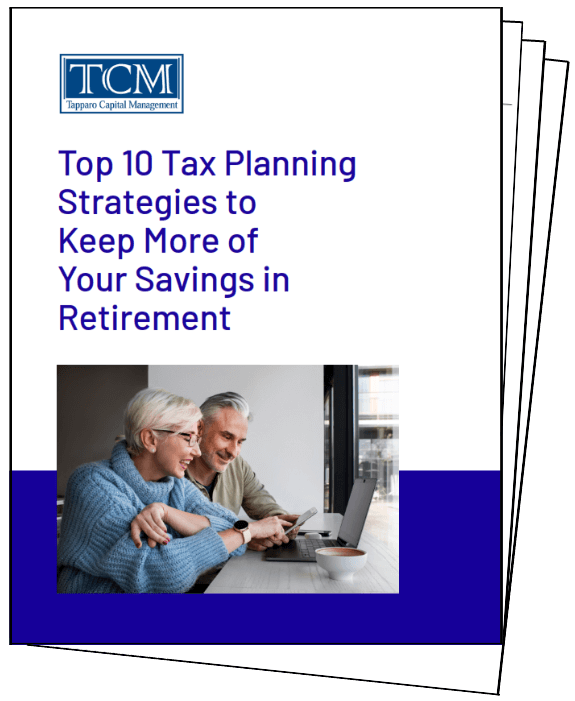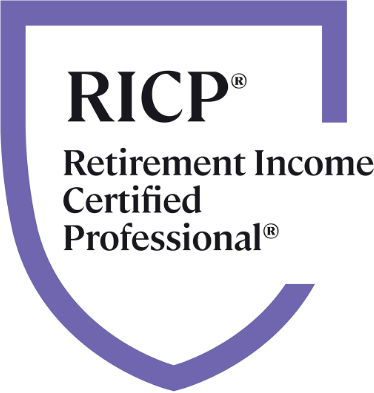Retirement can often feel like a distant milestone, something to deal with later on in life. While we plan and save for it, and even daydream about it, many overlook the distinct phases that make up the entire retirement journey. Just as your career evolved from a beginner to a seasoned expert, your retirement will also unfold in stages, with its own set of challenges, achievements, and decisions.
Think of retirement as a gradual progression, much like the chapters of a book. Each phase brings new experiences and choices, starting from your pre-retirement years in your 50s. Here’s what you should know for each stage of your retirement journey.
Chapter 1: Your 50s
At this stage of life, retirement becomes less like a far-off dream and more like a forthcoming reality. You begin to seriously think about when you can retire and how to take the right steps to retire comfortably.
During your 50s, you will likely launch your kids into adulthood and experience your highest earning years, which gives you more to work with. But that extra money you aren’t used to having can result in “lifestyle creep,” where your expenses grow along with your pay raises. These increased expenses may not always be nonessential either, as you might become responsible for increased housing costs, education expenses, healthcare costs, and even eldercare costs.
Despite these financial strains, the inflow of new money into retirement accounts must not cease; your retirement plan assets should not be drawn down through loans or withdrawn too early. Rather, these should be the years where you maximize your retirement plan contributions. If you are over 50, you can make catch-up contributions to beef up your nest egg.
Chapter 2: Your Early 60s
You are so close, you can almost taste it. Now you are starting to think about the many details that make up the process of retiring and the financial and lifestyle decisions involved.
If you find yourself in this phase, it’s time to get realistic about the near future. Do you know what you will do next? How will you make it a reality? For example, will you be able to keep up with your current expenses once you are no longer receiving a regular paycheck? Be sure to test out different budgets to make sure your finances are set. Do you want to volunteer or start an encore career? Start mapping out the details now. If you do not have a set plan for the next chapter of life, a phased retirement may give you more of an opportunity to figure it out.
Usually, this is the time to begin the process of reallocating your portfolio to meet your shorter-term income needs. Market downturns have a greater impact on your long-term success if you are forced to sell investments when the market is down. This is known as sequence of return risk. You should speak with an advisor to make sure you have the correct mix of investments that will provide cash flow in the short term and growth in the long term. You also can’t afford to be too conservative as lower growth will be eroded by the rising cost of living.
Chapter 3: Retired Life Begins
The first year or so of retirement is akin to a “honeymoon phase.” You have the time and perhaps the money to pursue all kinds of dreams, so the key is not to spend wildly. Lifestyle creep also affects new retirees, and free time often means more chances to spend money.
When it comes to your investments, your portfolio looks very different than it did when you were in your 20s and 30s. Bond funds and cash may make up a larger portion of your investments. Your focus is on generating cash flow to live on and preserving what you’ve worked so hard to save. However, you should still have exposure to the stock market. If you retire at age 65, there is a good chance you have a 30-plus-year retirement ahead of you. As such, you should keep exposure to stock funds for their growth potential.
Up until now, you’ve probably received healthcare coverage from your employer. When you retire, it’s a new ball game. Medicare eligibility begins at age 65. You have plenty of choices for your Medicare plan, such as original Medicare coverage, prescription drug plans, and supplemental insurance. Your premium costs will depend on your coverage choice and your income. Medicare can be complicated and overwhelming, so if you are in this chapter, start researching now to make informed choices.
Chapter 4: Mid 60s Through Late 70s
This is the chapter where restlessness can begin to set in. If you didn’t make concrete lifestyle plans before retiring, you might get bored with your all-leisure, all-the-time lifestyle and decide to volunteer or work on your own terms, health permitting.
It’s also the time when people begin to worry about how their retirement savings are growing smaller. That’s why it is critical to continuously monitor your income plan, making the necessary adjustments along the way to improve the likelihood that your income outlives you.
Chapter 5: 80s and Beyond
The last chapter of retirement is one frequently characterized by the sharing of legacies and life lessons, a new perspective on the process of living and aging, and deeper engagement (or reengagement) with children and grandchildren. This is also the time when you should think about your financial legacy and review or update your estate plan so that when you leave this world, things are in good order and your wishes are followed.
What Stage Are You In?
No matter where you are in life, working with a seasoned financial professional can make all the difference in your financial future. Having someone to provide unbiased guidance and address your concerns about income, investments, safeguarding your wealth, and transferring it can be invaluable.
At Tapparo Capital Management, we’re committed to supporting and educating our clients, helping them navigate their financial journey with confidence. Let us help you explore your options and craft a personalized financial plan for every stage of life. To schedule a “Get Acquainted Call” to see if we are a good fit for each other, call 978-887-1121 or email andrew@tapparocapital.com.
About Andy
Andrew Tapparo is a fee-only financial advisor at Tapparo Capital Management, a financial planning firm in Topsfield, MA, helping clients turn their savings into a retirement income that lasts. Inspired by the quote “Choose a job you love, and you will never work a day in your life,” Andy founded Tapparo Capital Management in 1997 with a passion for helping clients enjoy a truly worry-free and fulfilling retirement and experience financial freedom. As a Retirement Income Certified Professional (RICP®), he designs retirement strategies along with sound money management to help clients retire with confidence.
Andy holds a Bachelor of Science in Industrial Engineering from Rochester Institute of Technology in Rochester, New York, and a Master of Science in Finance from Bentley University in Waltham, Massachusetts. Specializing in retirement income planning, Andy completed a comprehensive financial industry education program at The American College of Financial Services and was awarded the Retirement Income Certified Professional® designation. He is frequently quoted in the media as a financial expert.
Andy and his wife, Susan, live in Topsfield, Massachusetts, and have two beautiful daughters. Outside of work, he is an automobile enthusiast, enjoys taking road trips, and loves the Outer Banks of North Carolina. In his spare time, he volunteers with the local high school varsity girl’s basketball team as the team statistician and runs the team’s website. He is passionate about supporting charities that serve our veterans and their families. To learn more about Andy, connect with him on LinkedIn.



